Four CATALyST scholars selected to train as learning health system scientists
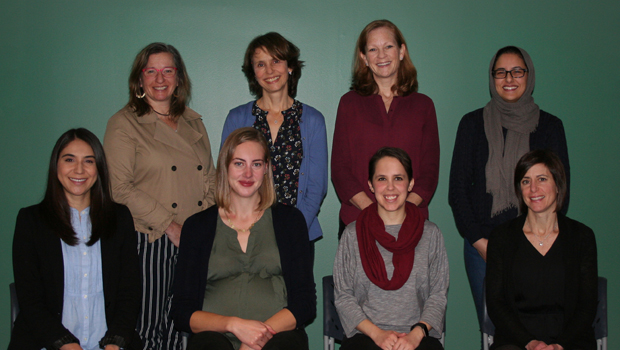
Inaugural scholars for CATALyST Learning Health System Training Program are (front row, left to right): Maggie Ramirez, Linnaea Schuttner, Yates Coley, and Gwen Lapham. KPWHRI's CATALYsT team members (back row) are Susan Brandzel, Paula Lozano, Diana Buist, and Mariam Ashmawi.
KP Washington joins forces with UW, WSU, and the VA to train scientists in transforming health care.
Last September, KPWHRI’s Diana Buist, PhD, MPH, and Paula Lozano, MD, MPH, learned that their application to house a new Learning Health Systems (LHS) scholar training program had been successfully funded by the Agency for Healthcare Research and Quality (AHRQ) and the Patient Centered Outcomes Research Institute (PCORI). A mere 10 weeks later, the program has selected its first group of scholars.
The scholar program is called CATALyST, which stands for the Consortium for Application Training to Advance the Learning health system with Scholars/Trainees. CATALyST is a state-wide collaboration, bringing together LHS leaders from Kaiser Permanente Washington, the University of Washington, the Veterans Administration, and Washington State University School of Medicine. The program is designed to train promising early-career scientists in the conduct of LHS research—that is, research focused on rapidly improving the delivery of health care using feedback from all major stakeholders, including patients, community members, providers, and health system leadership.
“CATALyST has the potential to transform health care in the very near future”, said Dr. Buist, CATALyST co-director. “We will be working with the other 10 LHS K12 training programs around the country to generate a new cadre of learning health systems researchers who will conduct high-impact research to improve health systems and patient outcomes.”
The inaugural CATALyST K12 scholars are:
Yates Coley, PhD
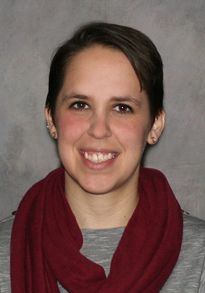 |
Dr. Coley is a biostatistician at KPWHRI who has served over the past year as part of the Institute’s Learning Health Systems team. During her recently completed fellowship at Johns Hopkins University, Dr. Coley helped develop risk prediction modeling for prostate cancer treatment. As a CATALyST scholar, she plans to deepen her expertise in risk prediction modeling using data from a person’s health history, diseases, treatments, and other information to predict, in an automated manner, how they will respond to treatment for depression. Her primary CATALyST mentor will be KPWHRI’s Greg Simon, MD, MPH, a leader in depression and LHS research.
Gwen Lapham, PhD, MPH, MSW
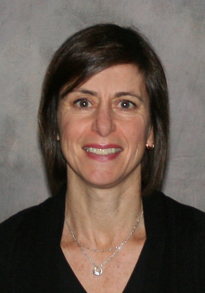 |
Dr. Lapham is a substance use researcher at KPWHRI. She plans to parlay her social work and health services training into research about the integration of adolescent behavioral health into the primary care setting. She aims to develop an LHS research career focused on evidence-based care for substance use among medical patients and is already making important forays into understanding cannabis use among primary care patients. Dr. Lapham will work with primary mentor, Lynn DeBar, PhD, a leader in behavioral health and LHS research, who is also based at KPWHRI.
Magaly (Maggie) Ramirez, PhD, MS, MS
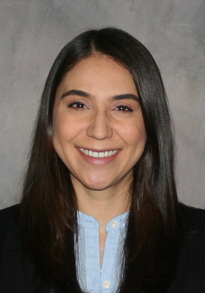 |
Dr. Ramirez recently relocated to the Pacific Northwest from Los Angeles for a faculty position in Health Services faculty at the University of Washington’s School of Public Health. Dr. Ramirez is a systems engineer and is leveraging that expertise to make innovative inroads in health care delivery. She has expertise in the use of technology to more effectively support health care and reduce health disparities. Dr. Ramirez’s CATALyST work will focus on developing and implementing technology to support Latino caregivers of people with Alzheimer’s disease. Her primary CATALyST mentor will be KPWHRI’s Rob Penfold, PhD, whose current research also focuses on LHS and improving support for caregivers of people with dementia.
Linnaea Schuttner, MD
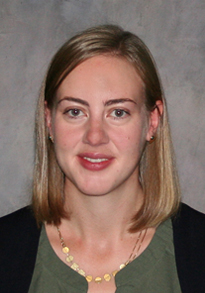 |
Dr. Schuttner is a physician trained in internal medicine and pediatrics, currently based in a fellowship program at the VA Puget Sound’s Department of Health Services Research & Development. She is in the process of completing a master’s in science in health services from the University of Washington’s School of Public Health. Dr. Schuttner’s LHS research plans are aimed at improving primary health care and patient-centeredness for people with multiple chronic diseases. This work is intended to not only optimize care for patients, but also to lower costs by reducing low-value care. Dr. Schuttner’s primary mentor, the VA’s Christian Helfrich, PhD, MPH, has been conducting research within the VA’s learning health system to facilitate the de-implementation of low-value care.
KPWHRI was awarded $3.7 million over the next five years to execute CATALyST. In addition to program infrastructure, these funds provide the scholars with 75% protected time, so they can focus on developing the core competencies of LHS research as they carry out their own research studies.
Starting in early 2019, CATALyST will be hosting semi-monthly works-in-progress meetings that will be open to anyone interested in attending. CATALyST will begin recruitment for the next cohort of scholars in 2020.
By Susan Brandzel
Learn More

CATALyST K12 Washington Learning Health System Scholar Program
Our program trains early-career scientists in learning health system (LHS) research.
Related news
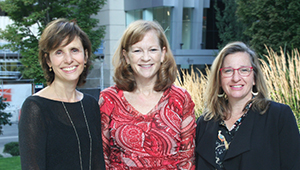
CATALyST K12 Scholar Program: A spark for future LHS researchers
Drs. Diana Buist and Paula Lozano are leading a statewide collaboration to train the learning health system researchers of the future.
Read it in News and Events.
ACT Center
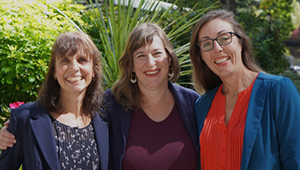
New center focuses on equitable, whole-person health care
Kaiser Permanente launches the Center for Accelerating Care Transformation.



